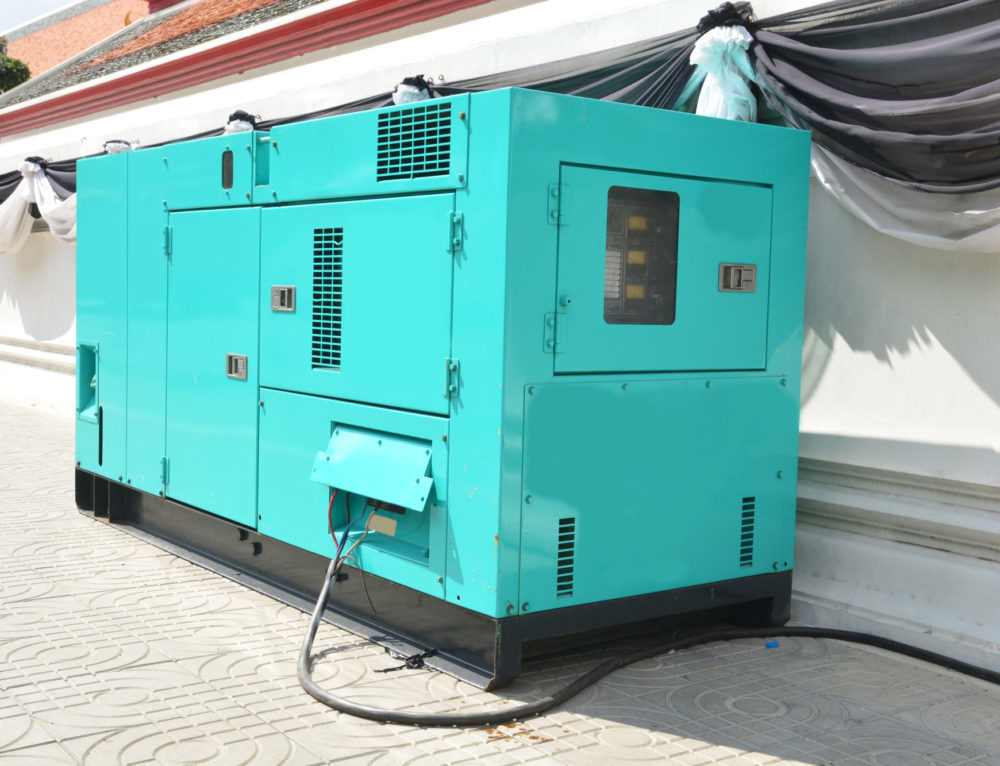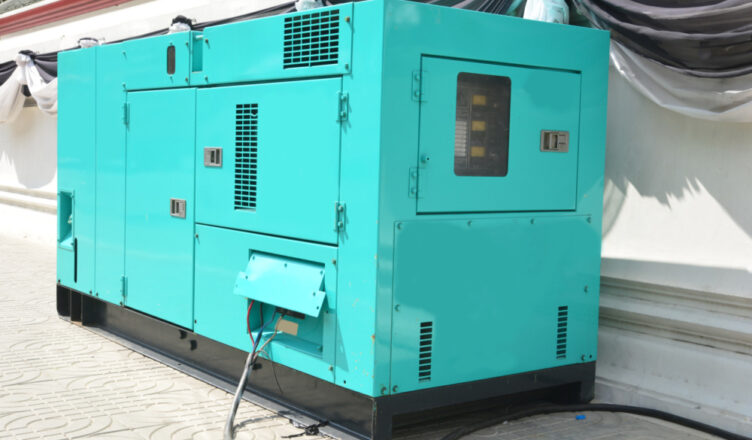When it comes to selecting a generator, there are many considerations you have to take into account. From size and power output to fuel type and portability, having the right generator for your needs can make all the difference. In this guide, we’ll explore some of the key factors to keep in mind when selecting a generator so you’re sure to get the one that best suits your purpose. For more info on generators and their features, read on.
Understanding Power Output Ratings
One of the most important aspects of choosing a generator is understanding its power output rating. This number tells you how much energy it can produce, which will determine what types of appliances or tools it can power simultaneously. The wattage rating should be marked clearly on any generator, but if not, contact the manufacturer for details. Generally speaking, electric motors require twice as much starting wattage as running wattage.

Types of Generators
There are two primary types of generators: portable generators and standby (or backup) generators. Portable models are great for camping trips and other outdoor activities, while standby units provide uninterrupted power during utility outages at home or work facilities. Standby models tend to be larger than portable ones since they must supply enough electricity for an entire building or complex. However some portable models are powerful enough to meet daily energy demands in some situations—particularly those used for recreational purposes such as RVing or tailgating parties.
Fuel Type Selection
The type of fuel used to power the generator is also important when choosing the right generator for your needs. Some popular choices include gas engines, propane tanks, diesel engines, solar panels and even hand crank units that require no external power source at all! Petrol-powered generators tend to be more accessible in terms of cost and availability compared to alternative fuel sources such as solar panels; however, petrol-powered units tend to have shorter run times before refuelling is required, whereas solar panel systems usually don’t need refuelling unless there is a prolonged period without sunlight available/captured by them. In addition, petrol-powered units emit carbon dioxide, which can cause environmental damage if not managed properly – something to consider when making your choice.
Noise considerations
Most people think about how much noise a generator will make before they buy one; after all, nobody wants a constant hum coming from their backyard! Fortunately, most modern generator models produce minimal noise levels, whether they are powered by gas, diesel or some other type of fuel. However, it is always important to check individual product specifications before purchasing, just in case there are noise restrictions where you live.
Portability & storage requirements
If portability is high on your list of priorities, look no further than small, pocket-sized models with surprisingly high output capabilities. These compact units often come complete with rechargeable batteries, meaning they last longer between charges and are more convenient when traveling between locations. On the other hand, stationary industrial units tend to have larger tank sizes, making it easier for them to handle day-long periods of uninterrupted use.
Budget constraints & warranty coverage
Of course, budget is an important consideration when choosing any product – especially big-ticket items such as large electrical generating units! It is worth researching the different brands carefully first, as prices can vary greatly depending on specifications such as size/capacity and additional features such as automatic shutdown mechanisms to protect against overloads, etc. Additionally, ensure that any unit’s warranty coverage meets expectations before committing financially, as this will cover repairs/replacements should anything go wrong down the road due to unforeseen problems arising later down the line over time due to regular wear and tear associated with use – especially true regarding heavily used commercial applications needing reliable performance under pressure scenarios regularly encountered on construction sites etcetera.

Final Thoughts
Choosing the right generator for your needs doesn’t have to be difficult if you know what key aspects need to be considered beforehand, from fuel type selection through budget restrictions plus warranty coverage, important components ensuring satisfactory ownership experience as we advance now far into the future lasting many years to come! With this guide providing useful information along the way hopefully, the decision-making process will become easier, allowing an informed purchase to be made confidently, knowing fully aware what type of unit you are looking for Invest soon hoping to enjoy the benefits much sooner rather than later.

